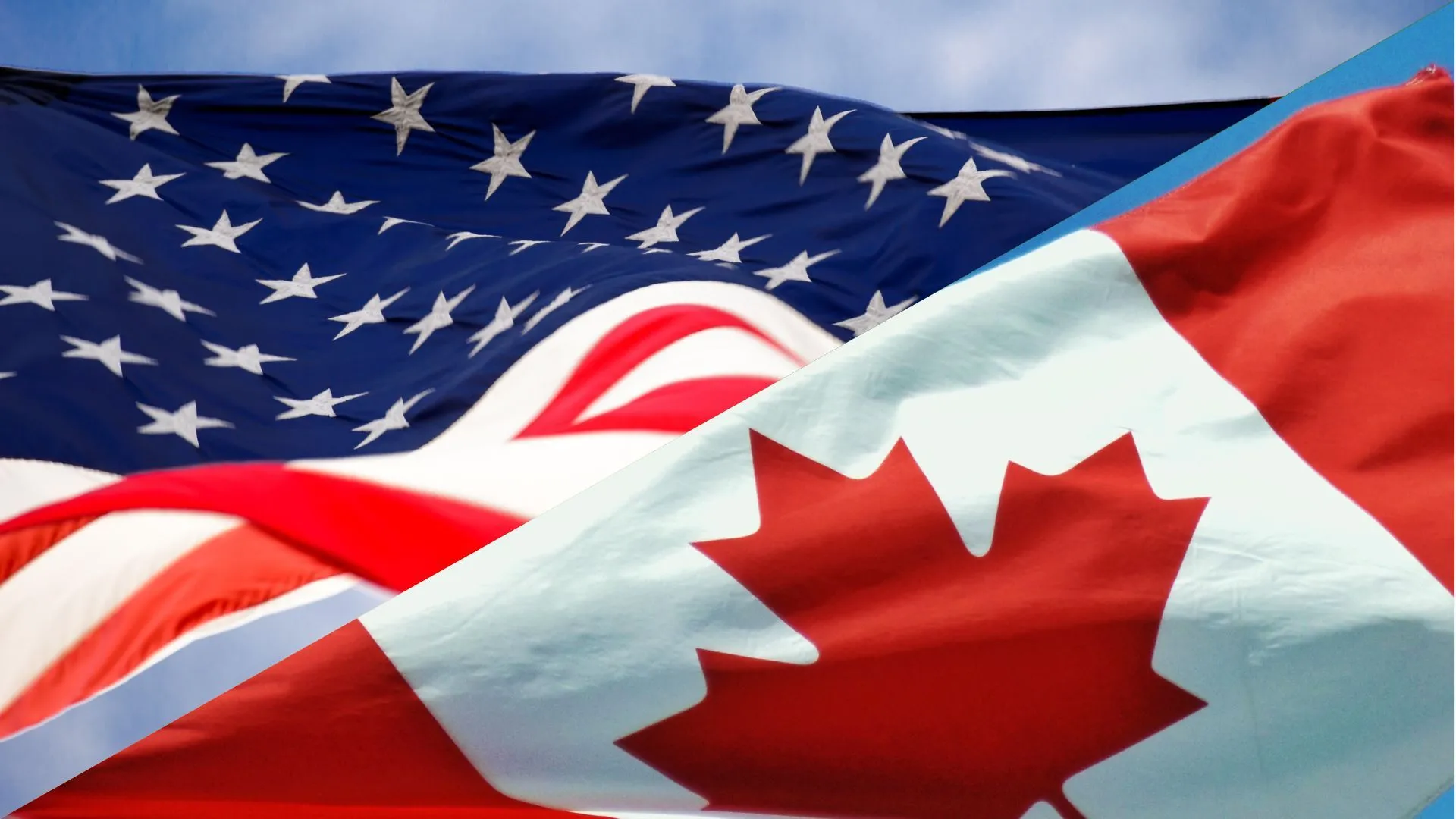The immigration laws of the United States and Canada are complex and multifaceted, with a number of key differences between the two nations. While both countries share a commitment to welcoming immigrants and providing opportunities for those seeking to start new lives, there are a number of distinct variations in their policies, regulations, and procedures. These differences can have significant implications for individuals seeking to immigrate to either country, and it is important to understand the nuances of each system in order to make informed decisions about the immigration process. In this context, some of the key differences between the immigration laws of the United States and Canada are worth exploring.
Entry Requirements
The United States requires all visitors to have a valid visa or visa waiver (such as the ESTA for eligible travelers) to enter the country, while Canada requires a valid visa or Electronic Travel Authorization (eTA) for eligible travelers.
Immigration Categories
Both countries have different immigration categories for foreign nationals. In the United States, these categories include employment-based visas, family-based visas, and humanitarian visas. In Canada, immigration categories include economic, family, and refugee or asylum.
Points System
Canada has a points-based system for economic immigrants, which is not present in the United States. The Comprehensive Ranking System (CRS) is used to evaluate and rank eligible candidates for Express Entry, a fast-track system for skilled foreign workers to obtain permanent residency.
Immigration Processing Times
Processing times for immigration applications can vary between the two countries. Canada has generally faster processing times, with some applications processed in as little as six months, while the United States processing times can be much longer, depending on the type of visa.
Citizenship Requirements
In the United States, a foreign national must reside in the country for five years before being eligible for citizenship, and must pass a citizenship test. In Canada, the residency requirement is shorter, at three years, and the citizenship test includes questions on Canadian history, geography, and politics.
It’s important to note that both the United States and Canada have complex and evolving immigration laws and regulations. Any individuals considering immigrating to either country should seek advice from qualified immigration professionals to navigate the process.







